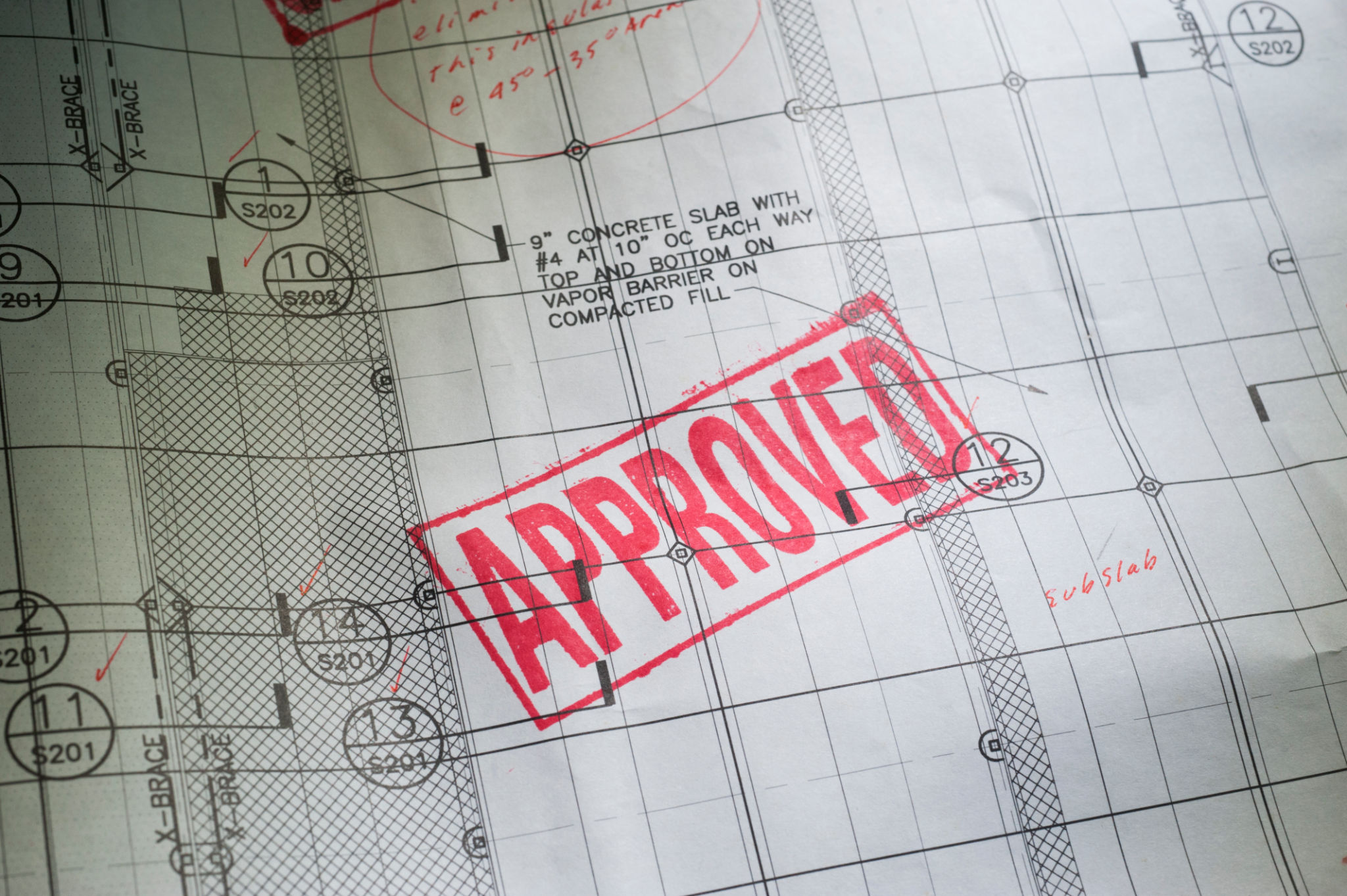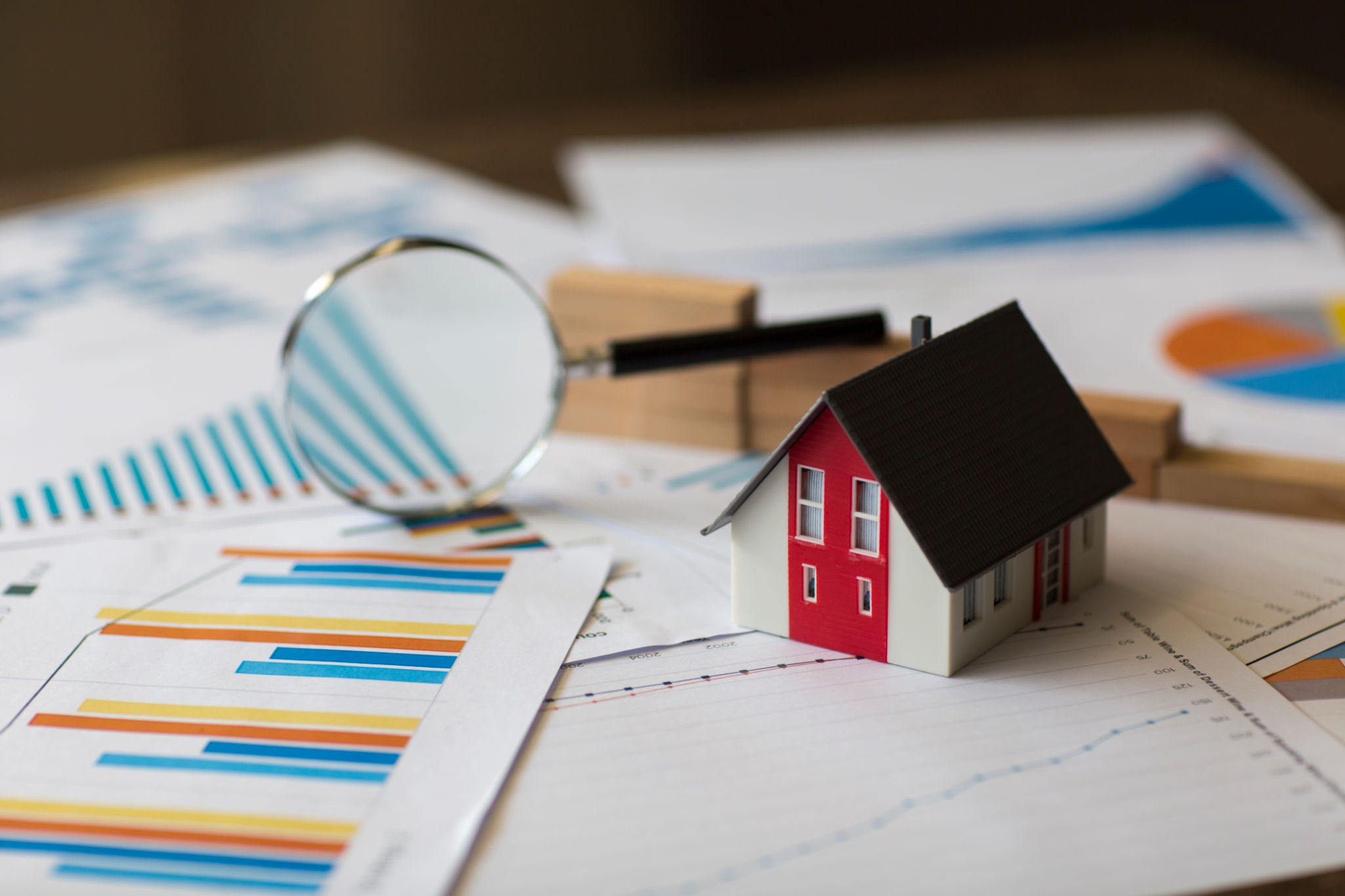Understanding the Real Estate Development Process: A Beginner's Guide
EC
Introduction to Real Estate Development
Real estate development is a multifaceted process that involves the transformation of land or buildings into a new or improved use. It's a journey that requires careful planning, strategic decision-making, and a keen understanding of market dynamics. Whether you're an aspiring developer or just curious about the industry, understanding the real estate development process is essential.

Stages of Real Estate Development
Conceptualization and Planning
The first step in real estate development is conceptualization and planning. During this stage, developers identify potential sites and assess their viability for development. This involves conducting feasibility studies, analyzing market trends, and understanding zoning laws. The goal is to create a project that meets market demands while adhering to regulatory requirements.
Site Acquisition
Once a viable site is identified, the next step is site acquisition. This involves negotiating with landowners to purchase the property. Developers must consider factors such as location, price, and potential for growth. Securing the right site is crucial, as it can significantly impact the success of the project.

Design and Approval
Architectural Design
With the site secured, developers collaborate with architects and designers to create detailed plans for the project. This includes designing the layout, selecting materials, and ensuring the design aligns with the project goals and budget. A well-thought-out design can enhance the project's appeal and functionality.
Securing Approvals
Before construction can begin, developers must obtain necessary approvals from local authorities. This often involves submitting plans for review and ensuring compliance with building codes and regulations. The approval process can be lengthy, but it's a critical step in ensuring the project's legality and safety.

Construction and Marketing
Construction Phase
After securing approvals, the construction phase begins. This involves hiring contractors, managing timelines, and overseeing the building process. Effective project management is essential to ensure construction proceeds smoothly and stays within budget.
Marketing and Sales
As construction progresses, developers start marketing the property to potential buyers or tenants. This can involve advertising campaigns, open houses, and leveraging real estate agents. A strong marketing strategy can drive interest and secure early sales or leases.

Completion and Handover
The final stage of real estate development is completion and handover. Once construction is finished, developers conduct final inspections to ensure everything meets quality standards. The property is then handed over to buyers or tenants, marking the successful conclusion of the development process.
Understanding these stages provides a comprehensive overview of what it takes to bring a real estate project from concept to reality. Whether you're considering investing in real estate or simply exploring career opportunities in development, this knowledge is invaluable.